BlueView Recovery
Sober Living in Philadelphia
At Blueview Recovery, we recognize that successful recovery extends beyond treatment – it requires the right environment to practice new skills and build confidence. We connect our clients with carefully selected sober living options throughout Philadelphia, ensuring you have access to supportive, structured environments during this pivotal transition.
We’re committed to supporting your recovery journey at every stage, including helping you find the right sober living home that aligns with your goals and recovery plan.

sober living homes in Pennsylvania
What Is Sober Living?
Sober living homes offer a structured, alcohol and drug-free residential environment for individuals transitioning from intensive treatment to independent living.
These facilities, also called sober houses, provide a supportive bridge between the controlled setting of rehabilitation and everyday life. Residents live together in a community committed to sobriety, following house rules while gaining freedom to work, attend school, or engage in community activities.
Unlike treatment centers, sober living focuses on practical life skills, peer accountability, and real-world application of recovery tools rather than intensive therapy sessions.
the advantages of sober living programs
Benefits of sober living
Sober living environments provide essential advantages that support successful recovery transitions and long-term sobriety. These structured communities offer multiple benefits that help individuals build confidence and independence.
- Daily routines ensure residents stay active, focused, and moving forward.
- Training in daily life skills helps residents prepare for independent living.
- The sober environment lowers the risk of relapse and keeps recovery on track.
- Living with peers in recovery provides daily encouragement and accountability.
- Staff help connect residents with therapy, support groups, and resources nearby.
The structured yet flexible nature of sober living creates optimal conditions for sustained recovery success. These environments provide the perfect balance of support and independence needed for long-term sobriety.

Sober Living Spaces Designed for Healing

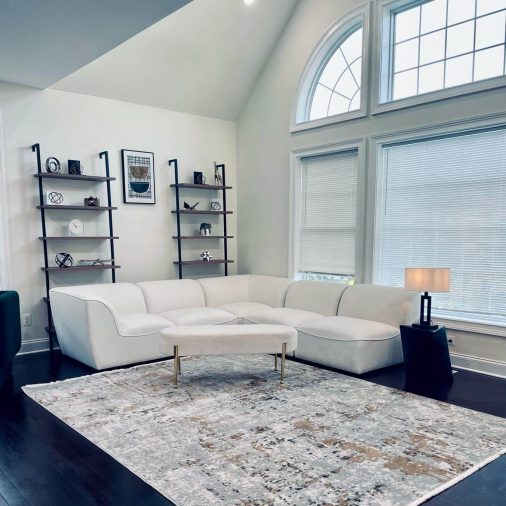

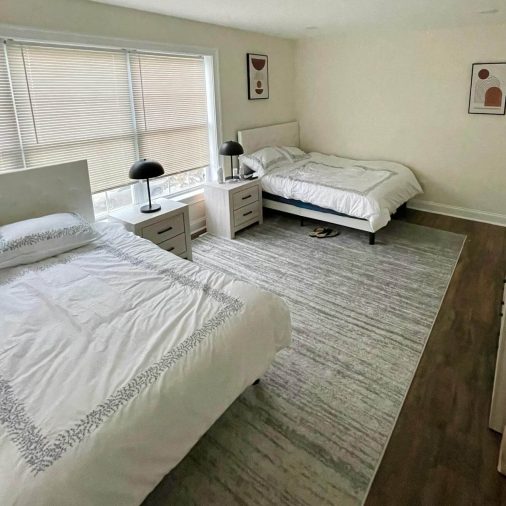
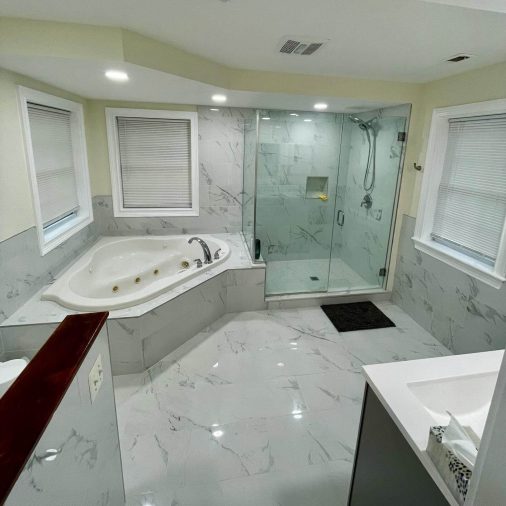

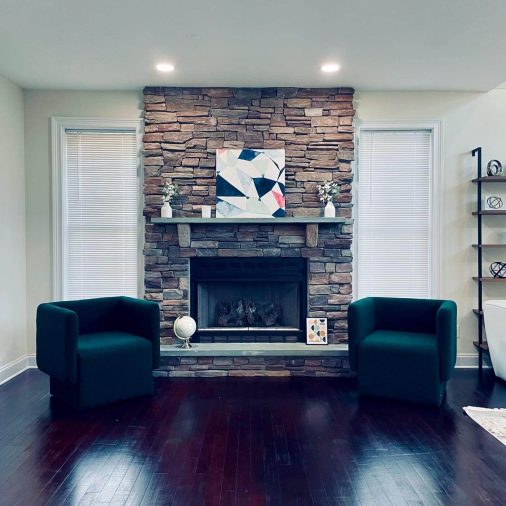
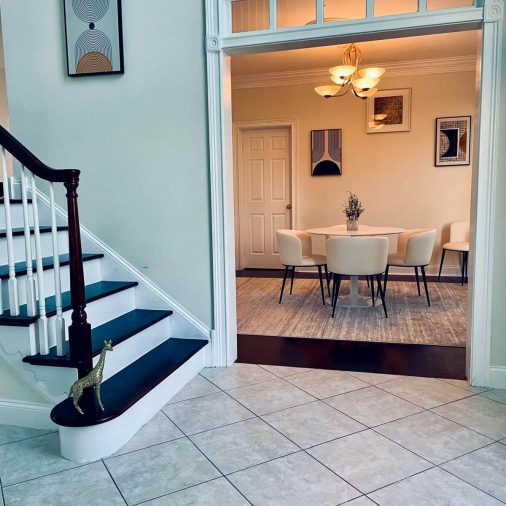

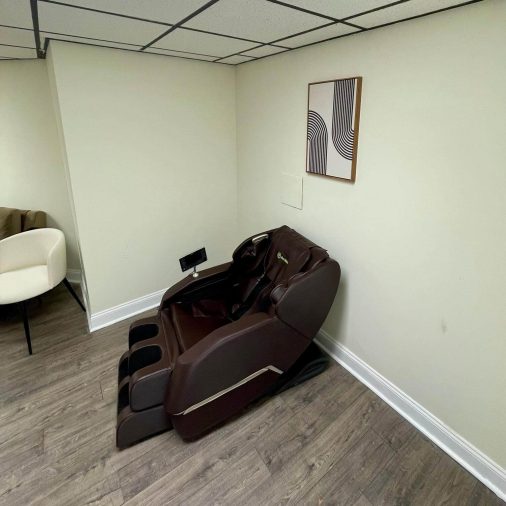
Start Your Recovery Today
Connect with our compassionate admissions team to discuss your needs and discover how Blueview Recovery can support your journey to lasting sobriety.
Sober Living with BlueView Recovery
Where Recovery Meets Community
At Blueview Recovery, we understand that sober living is more than just transitional housing – it’s the bridge to independent recovery. Our approach connects you with trusted sober living communities designed to keep you supported, accountable, and confident as you move from structured treatment into real-world living.
With carefully selected sober living partnerships, you continue building the practical skills and relationships needed for sustainable sobriety.
Sober living creates space for growth, responsibility, and genuine connection with others who understand your journey. The communities we connect you with provide ongoing guidance through each milestone, helping you stay focused, navigate challenges, and strengthen the healthy habits that support your new life.
Sober living is not just a place to stay – it’s where your recovery becomes your lifestyle.
FAQ about OUR Sober Living program
What is the difference between sober living and halfway houses?
Sober living homes are privately operated facilities that focus on peer support and personal responsibility, while halfway houses are often government-funded and may house individuals from the criminal justice system. Sober living residents typically have more freedom and flexibility in their daily schedules, with fewer restrictions on employment and personal activities. The environment in sober living homes is generally more focused on voluntary recovery and personal growth rather than mandated compliance.
Are mental health services available while in sober living?
Most sober living facilities coordinate with mental health professionals and encourage residents to continue therapy and psychiatric care as needed. While sober living homes don’t provide intensive mental health treatment on-site, they support residents in maintaining appointments with therapists, psychiatrists, and counselors. The sober living homes coordinate with our clinical team to ensure residents receive comprehensive care for co-occurring disorders like depression, anxiety, or trauma.
What happens when I'm ready to leave sober living and live independently?
The transition from sober living to independent living involves careful planning with your case manager and the facility staff to ensure you’re prepared for the change. Most programs help residents secure independent housing, establish ongoing support networks, and connect with outpatient services in their new community. Follow-up support and alumni programs are often available to provide continued connection and assistance during the early months of independent living.
Are family members allowed to visit during sober living?
Most sober living facilities welcome family visits and often encourage family involvement in the recovery process. Visitation policies typically include designated hours and common areas for visits, with some homes allowing overnight guests after residents demonstrate responsibility. Family therapy sessions and educational programs are often available to help rebuild relationships and improve communication.
What happens if I relapse while in sober living?
Our partner facilities contact us directly to coordinate relapse services and help determine the appropriate level of care needed. Our team remains available to provide immediate treatment options through our programs and support your return to sober living once you’ve completed the necessary care.